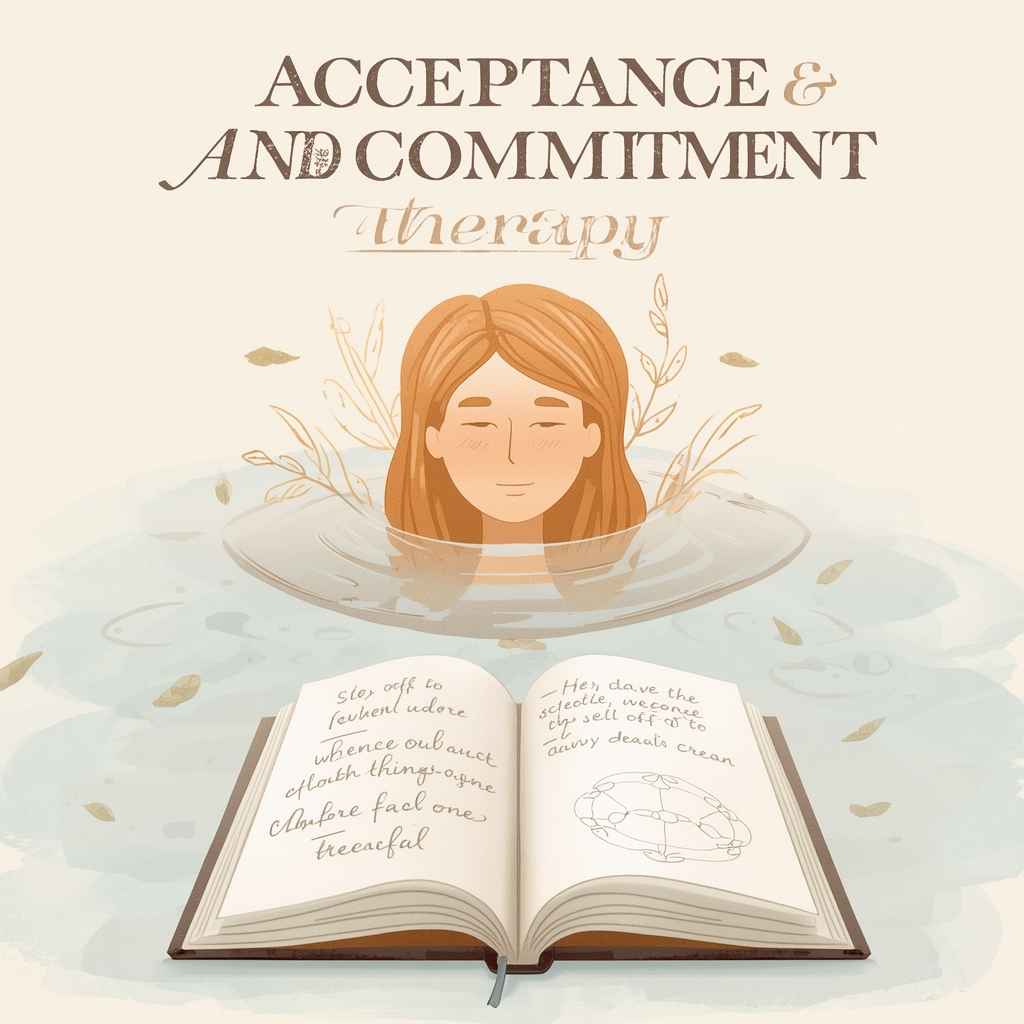Obsessive-Compulsive Disorder (OCD) can feel overwhelming. Acceptance and Commitment Therapy (ACT) offers a practical, values-led way to change how we relate to intrusive thoughts and compulsions so life can move forward with clarity and purpose.
What is Acceptance and Commitment Therapy (ACT)?
Acceptance and Commitment Therapy is a psychotherapy that builds psychological flexibility. It teaches acceptance of difficult thoughts, emotions, and sensations in the present moment and supports actions guided by personal values. Developed by Steven C. Hayes and colleagues, ACT helps people live more meaningful lives by changing their relationship with inner experiences rather than trying to control them.
ACT for OCD: A Paradigm Shift
In OCD, ACT focuses less on forcing symptoms down and more on helping people relate differently to intrusive thoughts and urges. This shift reduces the power of obsessions and the pull of compulsions.
How ACT Approaches OCD
- Values-based action: Beyond symptom reduction, ACT clarifies core values and uses them to guide daily choices and recovery steps.
- Acceptance and mindfulness: We learn mindful awareness and an open stance toward thoughts and feelings, including OCD content.
- Reducing experiential avoidance: ACT notices and gently challenges avoidance patterns that keep OCD cycles in place.
Key Components of ACT for OCD
1) Acceptance
Acknowledge thoughts, feelings, and bodily sensations without judgment or struggle. Acceptance makes room for discomfort while you move toward what matters.
2) Cognitive Defusion
See thoughts as mental events, not commands or facts. Simple defusion skills help reduce the grip of intrusive thoughts so they have less impact on behavior.
3) Values-Based Action
Identify the person you want to be across roles like family, work, and health. Use those values to guide small, consistent steps even when OCD shows up.
4) Mindfulness and Self-as-Context
Practice present-moment awareness and notice there is a stable observing self that can watch experiences without being entangled in them.
5) Committed Action
Turn values into specific goals and behavioral plans. Track progress and keep adjusting action steps with compassion and consistency.
Benefits of ACT for OCD
- Greater psychological flexibility: Respond more freely to thoughts and urges.
- Reduced symptom interference: Less disruption to study, work, and relationships.
- Improved quality of life: More engagement in meaningful activities aligned with values.
- Enhanced self-awareness and self-acceptance: A kinder, more accurate understanding of yourself and your experiences.
Conclusion
Acceptance and Commitment Therapy offers a practical, empowering path for OCD recovery. By cultivating acceptance, mindfulness, and values-based action, ACT helps people transform their relationship with OCD and reclaim a life led by purpose rather than fear.



